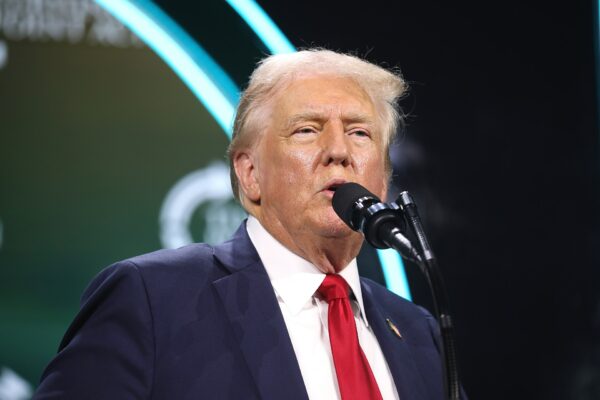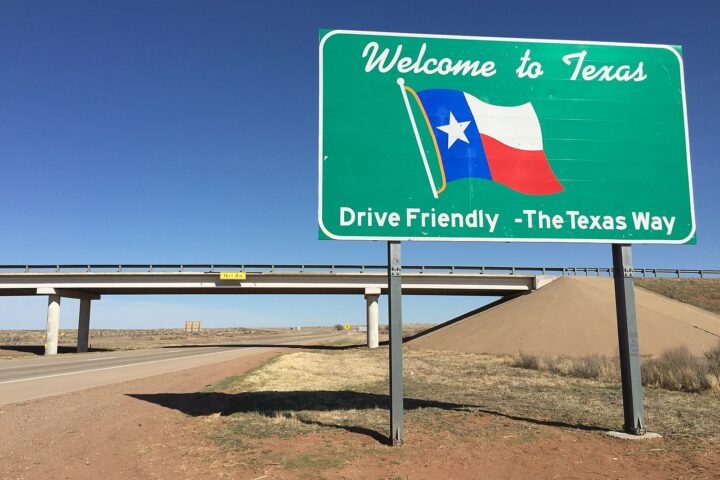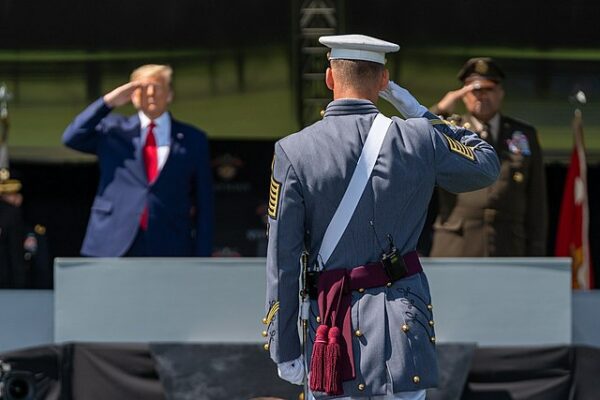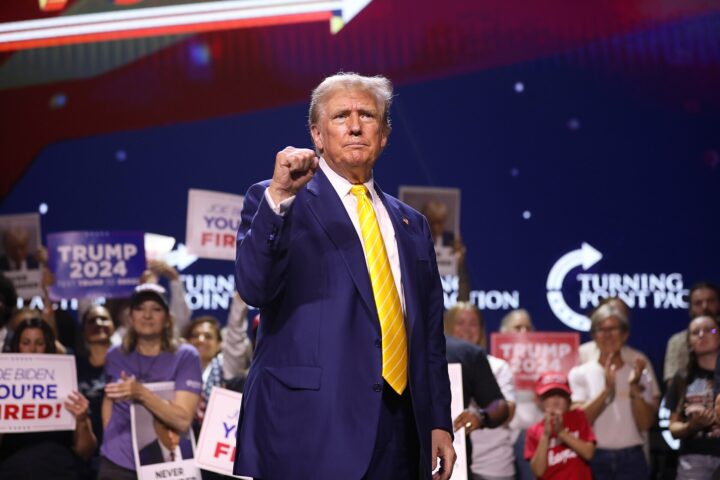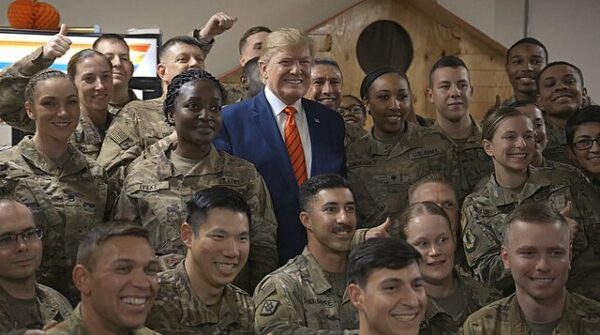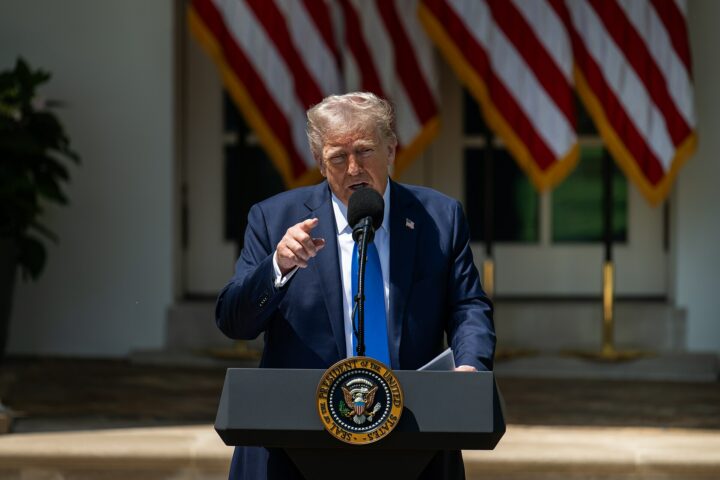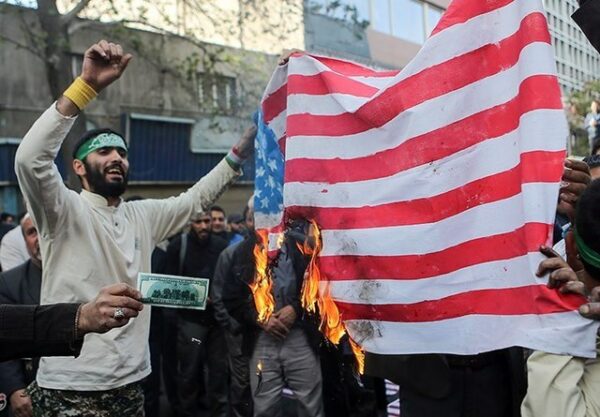President Donald Trump urged Americans to come together in the aftermath of conservative activist Charlie Kirk’s assassination but cast blame on the “radical left” for obstructing that healing.
“I’d like to see it [the nation] heal,” Trump told NBC News in a brief Saturday phone interview. “But we’re dealing with a radical left group of lunatics, and they don’t play fair and they never did.”
Kirk, the 31-year-old founder of Turning Point USA, was fatally shot Wednesday at Utah Valley University. Investigators have identified Tyler Robinson, a 22-year-old Utah resident, as the alleged gunman. Gov. Spencer Cox said Robinson had recently grown “more political” and discussed Kirk’s visit during a family dinner. Authorities also recovered bullet casings with inscribed messages, though officials declined to disclose their contents. Robinson, registered as an unaffiliated voter, has no prior criminal record, according to the Associated Press.
Trump’s remarks reflected his earlier charges that the left bears responsibility for “the rhetoric that is directly responsible for the terrorism that we’re seeing in our country today.” Members of the House Freedom Caucus echoed that sentiment on Friday, calling for a select committee to investigate “the money, influence, and power behind the radical left’s assault on America and the rule of law.”
Democrats countered that Republican rhetoric has also fueled the nation’s volatile climate despite direct calls for violence by some of their prominent members. Just hours before Charlie Kirk was murdered, for example, Democratic Senator Chris Murphy called for “war” against conservatives that involved taking “any necessary” measures.
The former president sharpened his criticism further, targeting Democratic donor George Soros and accusing him of financing unrest. “Soros is a bad guy who deserves to be put in jail,” Trump said, vowing a RICO probe if reelected.
As investigators sift through evidence and political leaders trade accusations, Kirk’s killing has deepened partisan fault lines. The tragedy that ended one life now risks hardening divisions in a nation already struggling with distrust, anger, and suspicion across the aisle.

